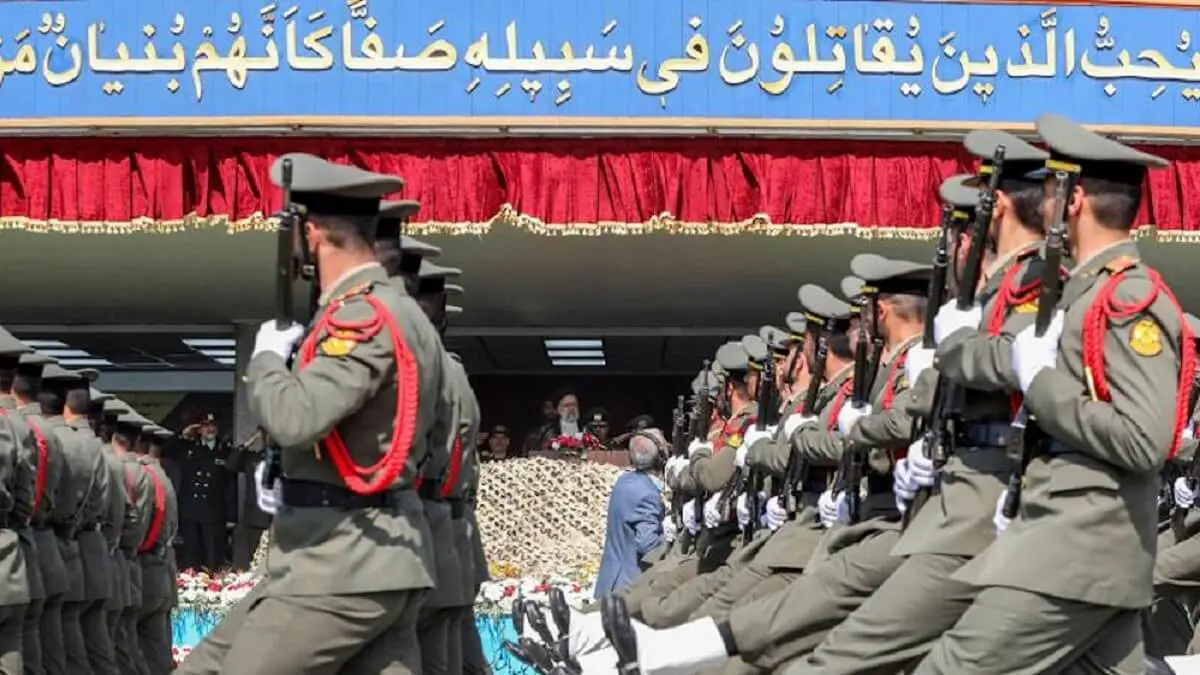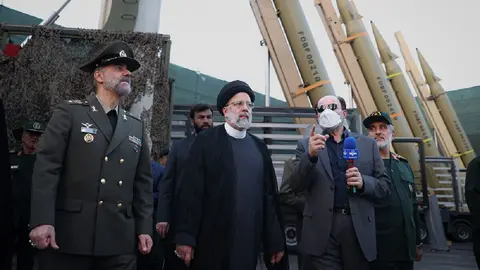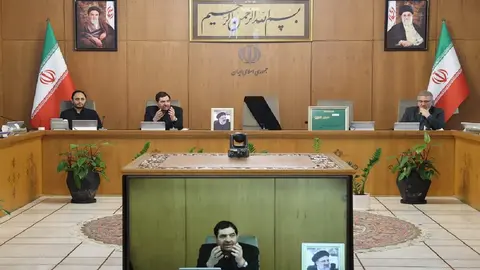Implications of Raisi's death and the role of the international community

- Who was Ebrahim Raisi?
- The significance of Raisi's death
- The urgency of the situation
- Repercussions and prospects
- The role of the international community
On 19 May 2024, Ebrahim Raisi, president of the Iranian regime, died in a helicopter crash, along with his foreign minister. This event raises many questions: who was Ebrahim Raisi, what is the significance of his death, what are the prospects now and what role should the international community play?
Who was Ebrahim Raisi?
Ebrahim Raisi was infamous in Iran as the "Butcher of Tehran" for his role in the massacre of 30,000 political prisoners in the summer of 1988. My dear brother Ahmed Raouf Basharidoust was one of the victims of the 1988 massacre. I have already written that "Ebrahim Raisi is first and foremost my brother's murderer".
When he became president after a rigged election, Amnesty International's Secretary General said he should have been investigated for crimes against humanity, including murder, enforced disappearance and torture.
The significance of Raisi's death
Raisi's death was a momentous event, inflicting a monumental and irreparable strategic blow to the Iranian regime. His death aggravated the regime's internal and external crisis. Raisi was Khamenei's chosen instrument to strengthen internal repression and intensify belligerent actions outside Iran. With his death, Khamenei's strategy of consolidating power through loyal and ruthless officials has been seriously compromised, leaving the regime considerably weakened and more vulnerable than ever.
The urgency of the situation
We live in a decisive period. The brutal repression of the population, especially women, is intensifying. At the same time, the regime's pernicious activities in the region, through its proxy groups, are multiplying, including acts of terrorism, warmongering and disruption of navigation in the Red Sea, leading to further conflict and destruction. Now more than ever, a new political initiative on Iran is needed to put an end to the regime's human rights violations, warmongering and terrorism.
Repercussions and prospects
The consequences of this strategic move are devastating for the regime's weakened forces. In a context of internal and regional crisis, Khamenei was forced to carry out a profound restructuring and replace the apparatus created under Raisi. The system was now fundamentally compromised, confirming Khamenei's strategic defeat.
Faced with the deep crisis engulfing his regime, Khamenei is at a dead end: either he reverses his policy of internal repression and external belligerence, thus breaking the regime's oppressive stranglehold, or he intensifies repressive measures, purges, terrorism and warmongering, possibly seeking to acquire a nuclear capability. Such an escalation would pit the regime not only against the Iranian people, but also against the international community for its bellicose behaviour.
Khamenei is planning to organise another electoral farce to appoint his own protégé as president to replace Raisi. The Iranian people are not fooled by these elections; they know very well that there is no real choice within this regime. Internal conflicts at the top are intensifying, increasing the risk of popular protests and uprisings. This situation could trigger a series of chain reactions and crises within the religious tyranny, galvanising rebellious youth into action.
The role of the international community
The international community must play a decisive role in preventing Khamenei from consolidating his shaky regime. Time is running out. Recently, MPs from several countries launched a new policy initiative on Iran, which has already received the support of nearly 3,000 parliamentarians from around the world.
This initiative does not advocate war. It is based on support for the Iranian people and their organised resistance, offering them political support to facilitate change in Iran. It advocates a firm policy towards Iran, including blacklisting the Islamic Revolutionary Guard Corps (IRGC). It also supports the ten-point plan of the democratic opposition, led by Maryam Rajavi, which is based on free elections, gender equality, abolition of the death penalty, equal rights for all ethnic groups, separation of religion and state and denuclearisation of Iran.
Massoumeh Raouf
Journalist and writer, former political prisoner of the mullahs' regime in Iran. She is a member of the Société des Gens de Lettres (SGDL) and the National Council of Resistance of Iran (NCRI). Her books include "Évasion de la prison d'Iran", published in 2022 by Éditions Balland, and the comic "Un petit prince au pays des mollahs", published by Editions S-Active in 2023.


